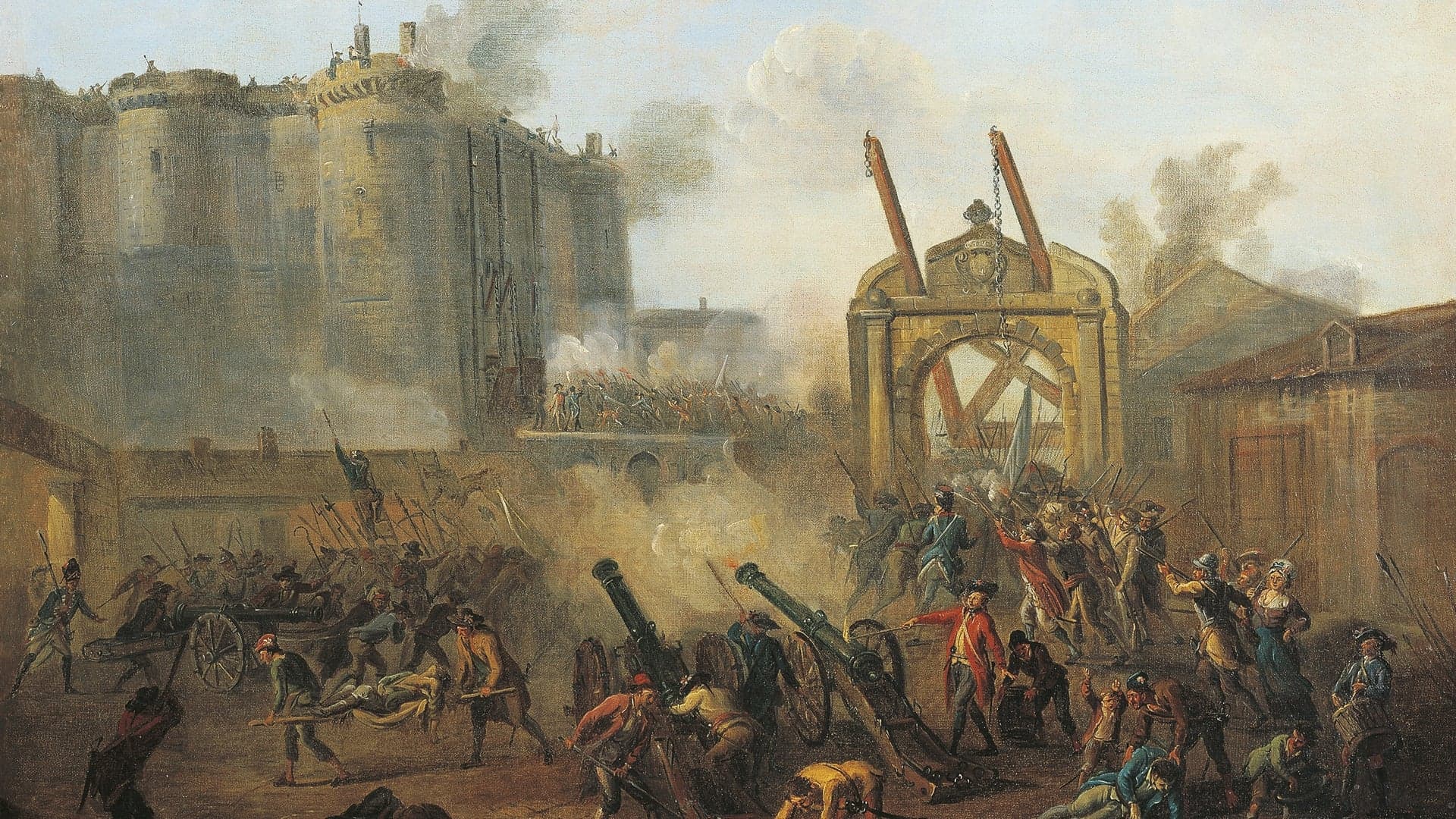Byron returns to England on this day in 1811, after touring Europe and the Near East for two years. His travels inspire his first highly successful work, Childe Harold’s Pilgrimage (1812). The poem brings him almost instant acclaim in England, and Byron’s taste, manners, and fashion all become widely imitated. “I awoke one morning and found myself famous,” he says.
Byron was born in Aberdeen, Scotland, in 1788, and raised in near poverty. Afflicted with a clubfoot, Byron endured a painful childhood. At age 10, he inherited his great uncle’s title. He attended Harrow, then Trinity College, Cambridge, where he ran up enormous debts and wrote poetry. His first published volume of poetry, Hours of Idleness (1807), was savaged by critics, especially in Scotland, and his second published work, English Bards and Scotch Reviewers (1809), attacked the English literary establishment.
In 1815, he married Anne Isabella Milbanke, and the couple had a daughter, August Ada, who proved to be a mathematical prodigy and contributed to the first digital-computer design, conceived by Charles Babbage. Byron and his wife separated as scandal broke out over Byron’s suspected incestuous relationship with his half-sister, Augusta Leigh. He was ostracized by polite society and forced to flee England in 1816. He settled in Geneva, near Percy Bysshe Shelley and his wife, Mary Wollstonecraft Shelley, and became intimately involved with Mary’s half-sister, Claire Clairmont. She bore Byron’s daughter Allegra in January 1817.
Byron moved to Venice that year and entered a period of wild debauchery. In 1819, he began an affair with the Countess Teresa Guiccioli, the young wife of an elderly count, and the two remained attached for many years. Byron, always an avid supporter of liberal causes and national independence, supported the Greek war for independence. He joined the cause in Greece, training troops in the town of Missolonghi, where he died of malaria just after his 36th birthday.



